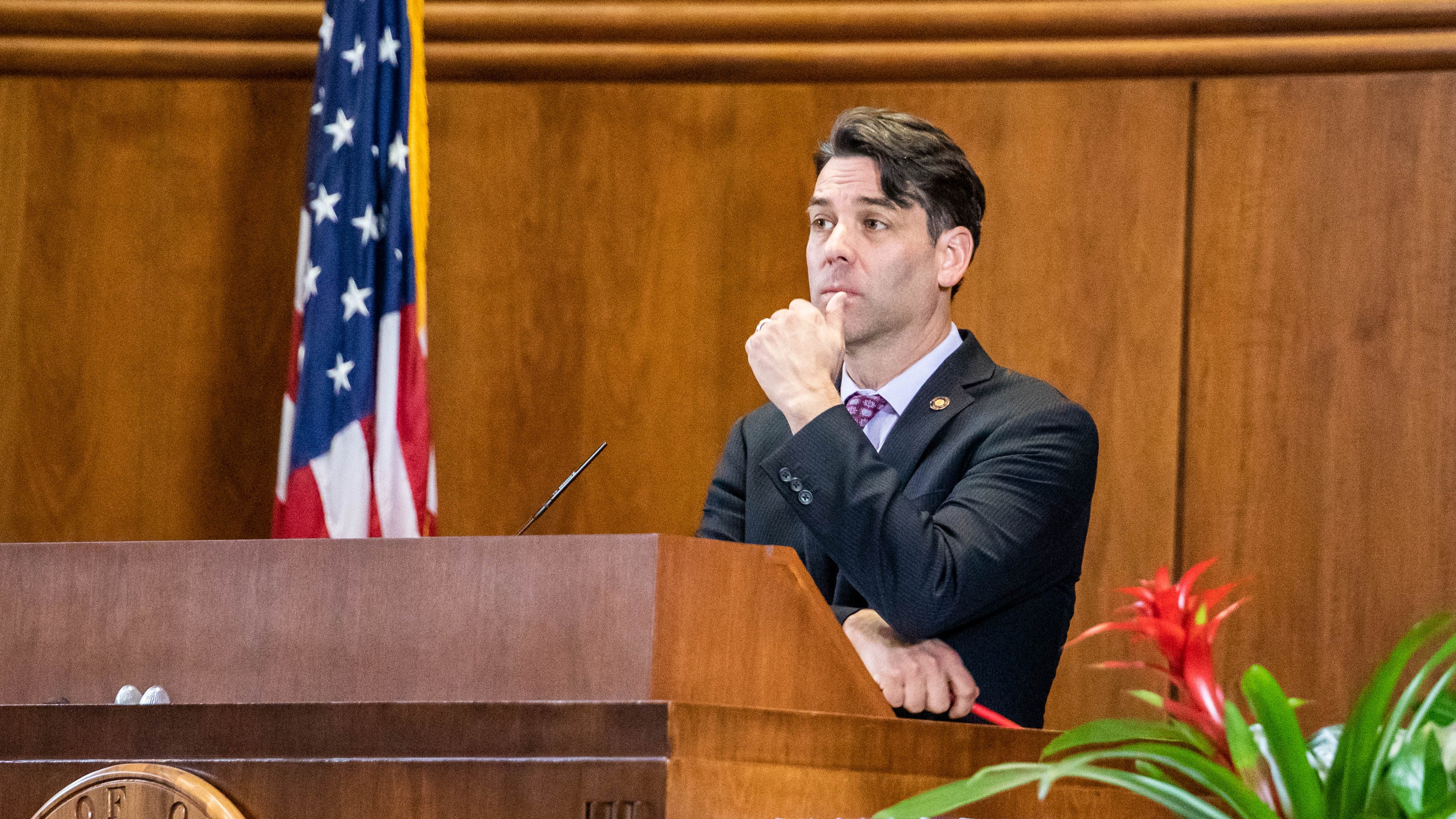A group of political operatives filed twin ballot initiatives Monday aimed at overhauling Measure 110, the 2020 ballot measure that decriminalized possession of hard drugs and routed hundreds of millions of cannabis tax dollars to addiction treatment. Since its passage, widespread and public use of fentanyl and other hard drugs has soured many Oregonians on the law.
The proposed measure—there are two versions, both of which have been filed as ballot initiatives with the state and which the group plans to pursue until it settles on one to bring to the fall 2024 ballot—fundamentally changes much of Measure 110. (The crafters of the ballot initiatives say they will lobby the Oregon Legislature to make the requested changes, but will pursue the ballot initiatives if the Legislature falls short of their demands.)
First, it would transfer oversight of Measure 110 funding from the Oregon Health Authority to the Alcohol and Drug Policy Commission, which was created by legislators in 2009 to coordinate the state’s response to its lack of substance use disorder treatment. Second, it would recriminalize possession of hard drugs and make treatment mandatory. Whether this would jeopardize ongoing funding of existing programs under the law is unclear.
We asked the top three Democrats in the state—Gov. Tina Kotek, Senate President Rob Wagner (D- Portland), and Speaker of the House Dan Rayfield (D-Corvallis)—for their reactions to the effort.
All of them were noncommittal.
A spokeswoman for Wagner says he and Rayfield met Tuesday morning with Max Williams—a former lawmaker who’s a primary architect of the ballot initiatives—to discuss the overhaul effort.
“They discussed the broad strokes of the ballot measure,” says Wagner spokesman Connor Radnovich, “and were in agreement that Oregon needs to address its addiction crisis.”
Wagner himself says he is “going to take some time to review the ballot measures in detail. Oregon’s fentanyl and methamphetamine crisis is unacceptable. The Legislature will comprehensively tackle this crisis in the upcoming legislative session by empowering law enforcement to stop the proliferation of drugs on our streets and ensuring that people get connected with addiction treatment services. Addiction education will also be a key component of our response. Legislative leaders have been meeting with various groups to identify which specific policy proposals will be brought forward in the upcoming session.”
Rayfield says there’s “no scenario in which this upcoming legislative session doesn’t focus on helping those families and communities in need.”
“With respect to the current proposals out there,” Rayfield says, “we will continue to review them and any others that come up in the meantime.”
Gov. Kotek hasn’t yet met with anyone crafting the overhaul measure, says spokeswoman Elisabeth Shepard, but her chief of staff and other top policymakers within her office did. “She has not reviewed the two ballot initiatives yet,” Shepard says. “The governor has previously stated that public consumption of controlled substances is a problem that needs to be addressed. She intends to work with legislators to fix the issue and expects a bill on her desk in next year’s session.”

